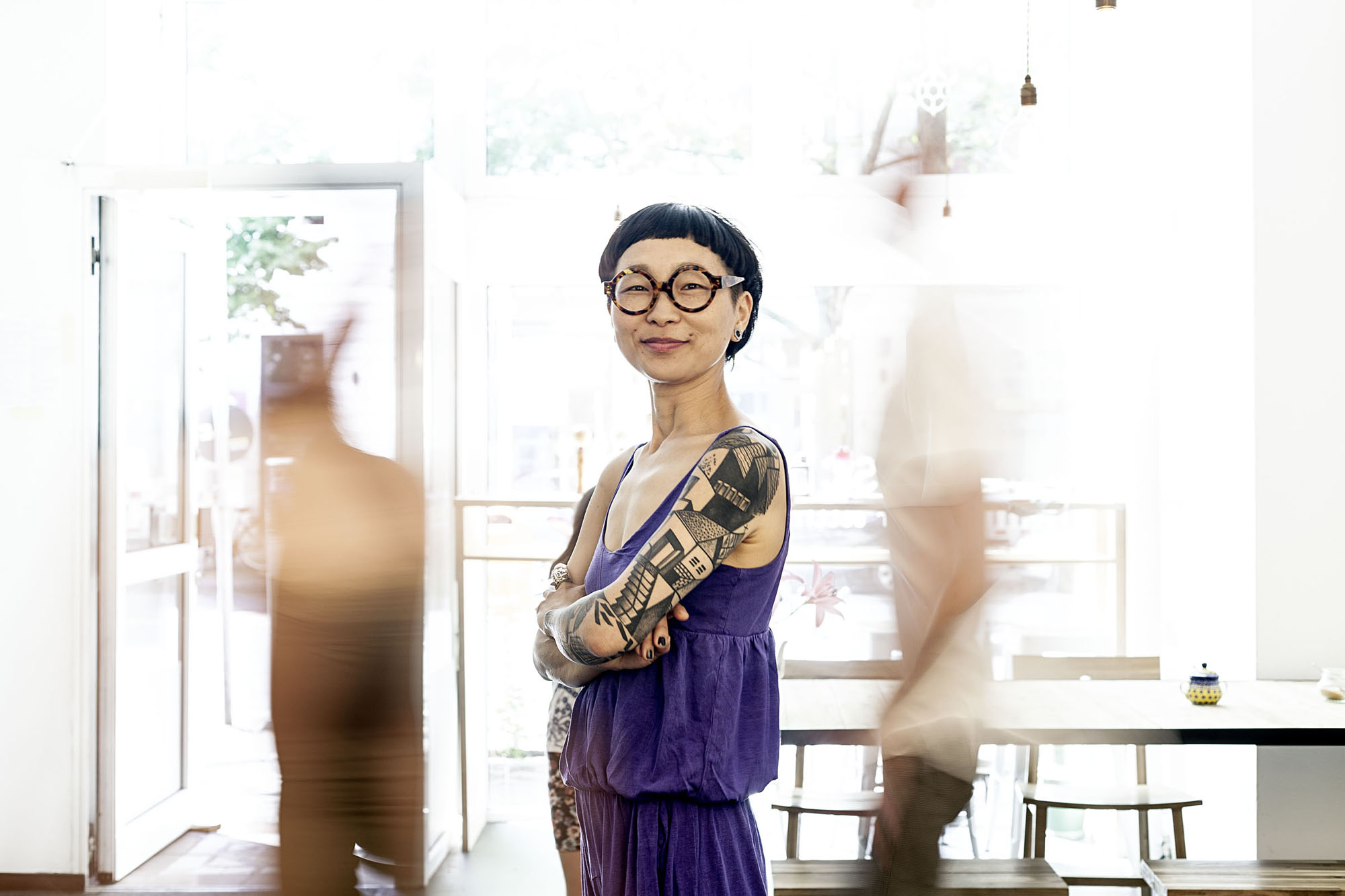As the founder and owner of Kame, a Japanese cafe and bakery in Berlin, Machiko Yamashita runs two Japanese cafes — one in upscale Charlottenburg and the other in the hipster Mitte neighborhood. But it has been a tough path to her success.
Little did she expect that in a country where bread is at the very heart of the everyday diet, a clash of cultures would rouse contention over her idea to sell Japanese buns. How could she have known that the stereotypes that some Germans had engraved in their minds about the authenticity of Japanese food would cause such a stir when it came to bread rolls? Her endeavor became a story of preconceptions about Japanese food culture — and a misunderstanding about what is actually inside a Japanese bread bun.
It is late morning and Yamashita is standing in her Kame cafe and bakery in Mitte. As the first lunch customers enter, she energetically welcomes them and shows them the selection of pan (derived from the Portugese word for "pao") milky bread rolls filled with vanilla cream or curried meat; matcha cheesecakes and cookies; vegetarian, vegan and meaty onigiri rice balls and rice bowls; and a variety of green teas.



